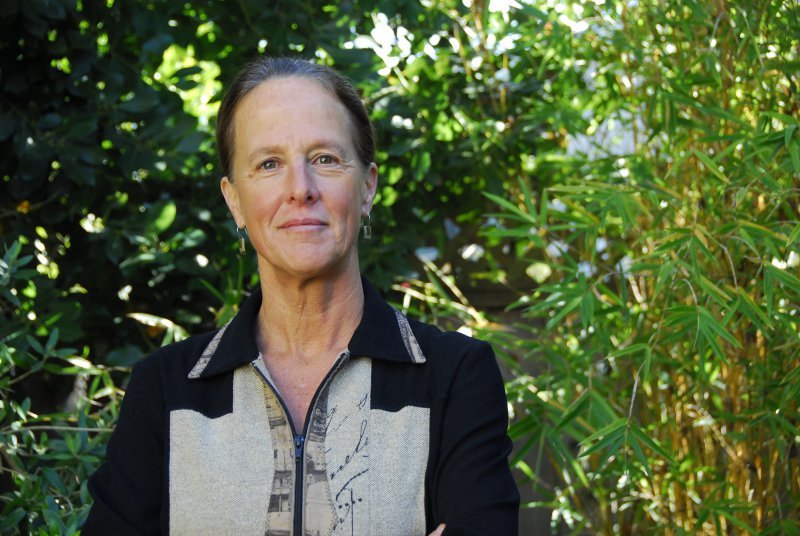At Eurozine, Joe Littler talks to political theorist and UC Berkeley professor Wendy Brown, whose most recent book, Undoing the Demos (2015), traces how neoliberalism has undermined democratic values at every level of social and political life. In the interview, Brown discusses the connection between neoliberalism and white nationalism, the “peculiar political formation” we find ourselves in today, and the need for “grit, responsibility and determination instead of hope.” Here’s an except:
As a libertarian order of freedom is unleashed and legitimated, it attacks social bonds and obligations, social conscience, and social welfare. It disintegrates society and disinhibits individuals. This in turn produces the need for strong authority to secure order, to secure boundaries, to secure against what a declining middle and working-class experiences as ravaged ways of life for which it blames ‘others’: immigrants, minority races, ‘external’ predators and attackers ranging from terrorists to refugees.
Despite some resonances with 1930s fascism, this libertarian authoritarianism is a novel political formation, one, as I’ve suggested, that is an inadvertent effect of neoliberal rationality. It’s a formation that I think should not just be reduced to the idea of fascism or populism. Its sensibility is: ‘I can say anything, do anything, be anything I want, I can call for a certain restoration of my former entitlements (among whites), insist on my libertarian rights and at the same time demand statist protection of my country, property, and racial and sexual entitlement.’ But in addition to what this formation features, it’s important to note what it omits.
What’s missing is any reference to or care for democracy. It’s quite striking that you don’t get from Le Pen or Farage or Trump any talk of democracy at all. You get law and order, you get statism, you get nationalism, you get restoration of white entitlement through nativism from extreme right politicians. But reference to democracy (other than to make it a stand-in for nationalism or patriotism) is very, very rare. What brings someone like Trump to power was the combined emphasis on (non-democratic) liberty and authority; on both statism and the right to say, feel and do whatever one wants. Again, this is a peculiar political formation that we’ve not had before and that we should not reduce to or equate with older forms of authoritarianism, populism or fascism.
Image of Wendy Brown via mcgill.ca.
